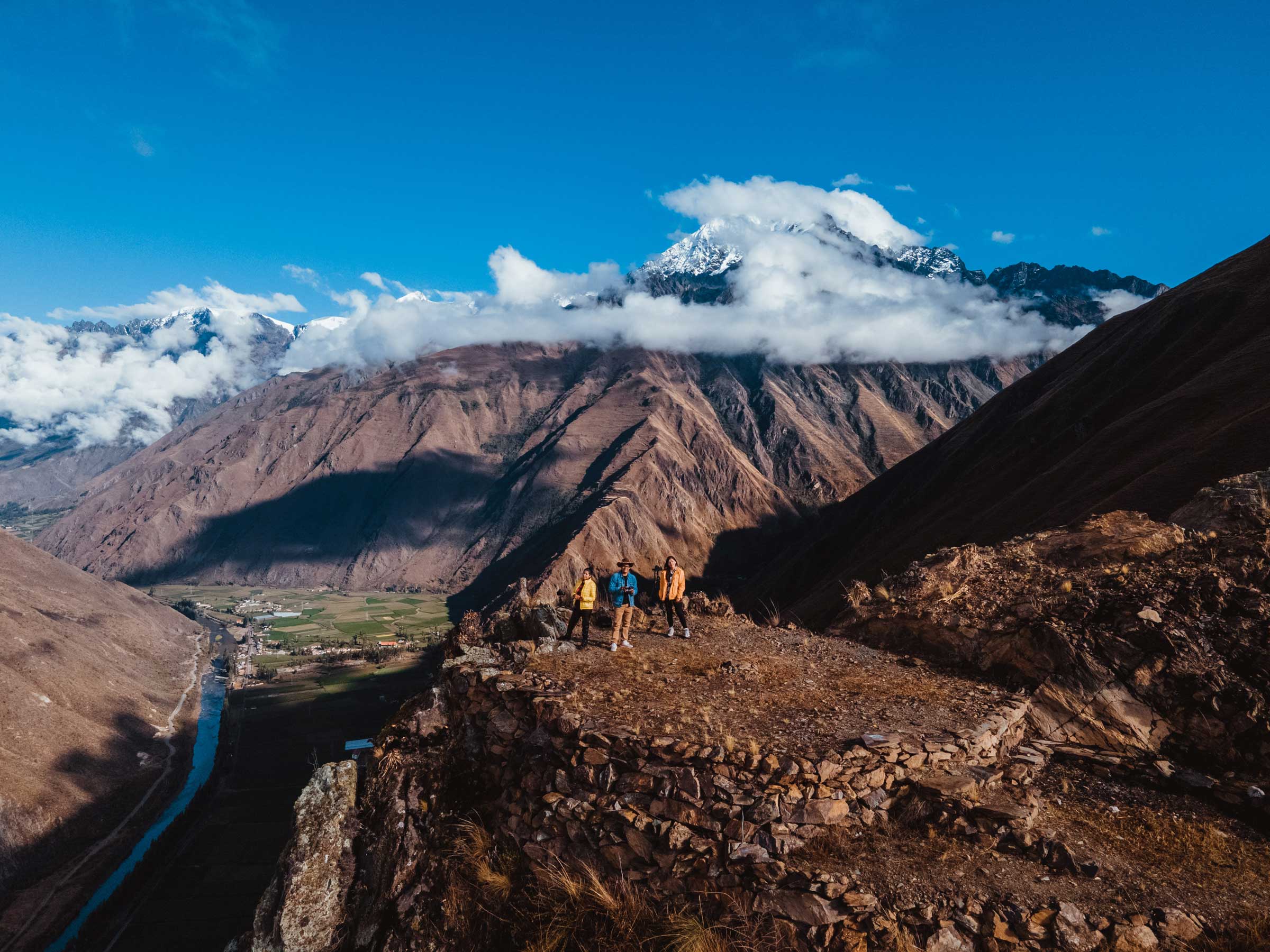Acclimatizing to the high altitude of Ollantaytambo and the surrounding areas is important to ensure a comfortable and enjoyable tour. Here are some tips to help you acclimatize effectively:
- Gradual Ascent: If possible, try to gradually ascend to higher altitudes rather than going directly from a low altitude to Ollantaytambo. This allows your body to adjust more easily. For example, if you’re arriving from Cusco, which is also at a high altitude, spend a day or two there before heading to Ollantaytambo.
- Stay Hydrated: Hydration is crucial at high altitudes. Drink plenty of water throughout the day to prevent dehydration. Avoid excessive alcohol consumption and reduce caffeine intake as they can contribute to dehydration.
- Take It Easy: Allow your body time to adapt to the altitude by taking it easy on your first day in Ollantaytambo. Avoid strenuous activities and rest if you’re feeling fatigued. Take slow walks around the town to get accustomed to the altitude gradually.
- Medication: Consult with your healthcare provider about the possibility of taking medication to prevent altitude sickness. Acetazolamide (Diamox) is a commonly prescribed medication that helps with acclimatization. However, it’s important to discuss potential side effects and dosage with a medical professional.
- Proper Nutrition: Maintain a balanced diet with foods rich in carbohydrates and avoid heavy meals. Carbohydrates provide energy and can help combat the effects of altitude.
- Coca Leaf Tea: Coca leaf tea is a traditional remedy for altitude sickness in the Andean region. It’s believed to help alleviate symptoms and aid in acclimatization. You can find coca leaf tea in many places in Ollantaytambo, but consume it in moderation.
- Oxygen Supplements: In severe cases of altitude sickness, supplemental oxygen can be beneficial. Some hotels and clinics in Ollantaytambo may have oxygen available for guests if needed.
- Pay Attention to Your Body: Be mindful of any symptoms of altitude sickness, such as headaches, dizziness, nausea, or shortness of breath. If you experience severe symptoms or they persist, it’s important to seek medical attention.
Remember, everyone reacts differently to altitude, and it’s essential to listen to your body and adjust your activities accordingly. If you have any pre-existing medical conditions, it’s advisable to consult with your healthcare provider before traveling to high-altitude destinations.










No comment yet, add your voice below!